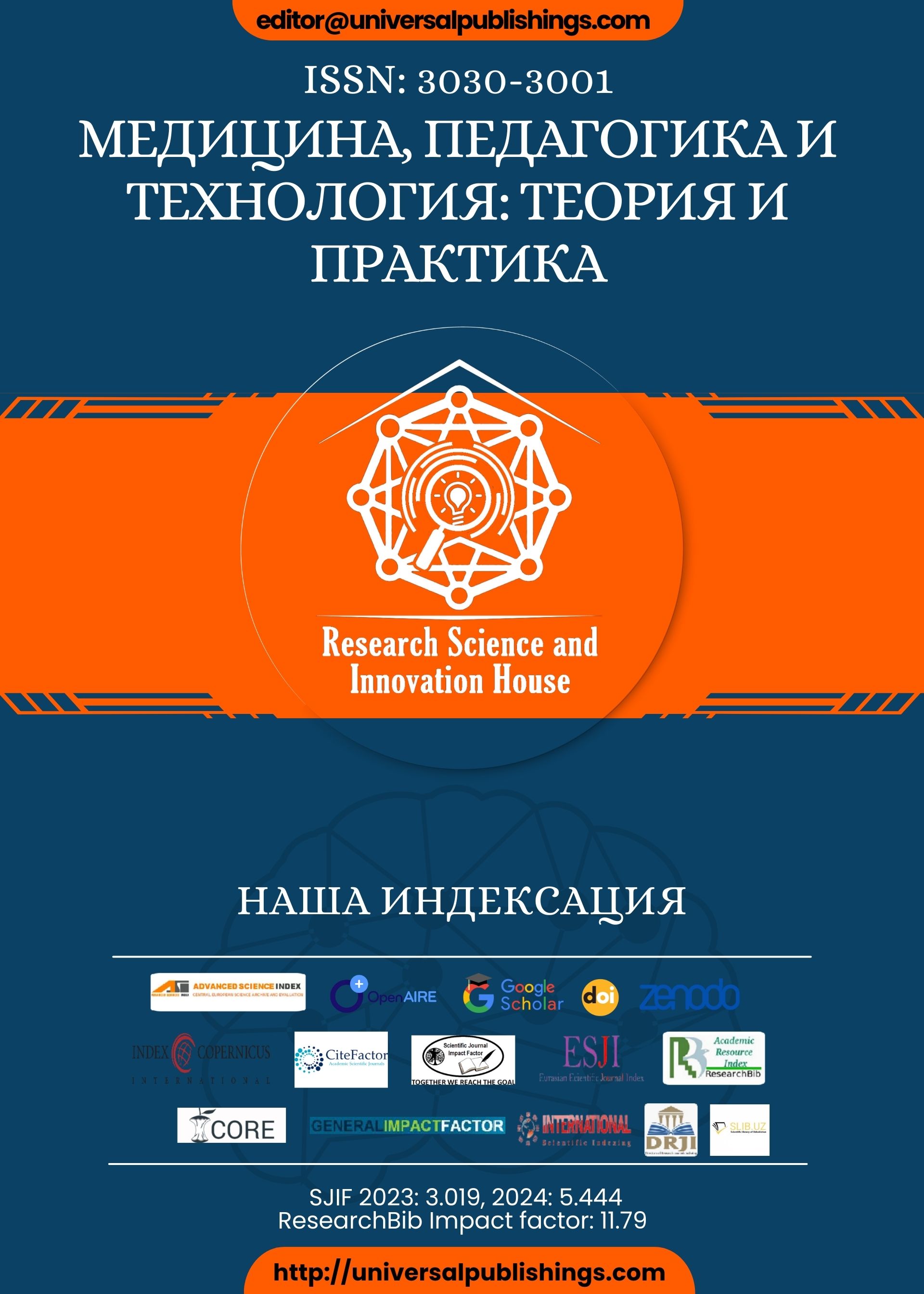Abstract
This article examines the role of fermentation in food technology, focusing on its impact on the nutritional value and shelf-life of food products. Through an analysis of recent literature and empirical studies, the research highlights the benefits of fermentation, including improved nutrient bioavailability, enhanced probiotic content, and extended shelf-life. Methodologies for optimizing fermentation processes are discussed, alongside the results demonstrating significant improvements in food quality. The conclusion emphasizes the potential of fermentation as a sustainable and effective approach to food preservation and enhancement.
References
Marco, M. L., Heeney, D., Binda, S., Cifelli, C. J., Cotter, P. D., Foligné, B., ... & Hutkins, R. (2017). Health benefits of fermented foods: microbiota and beyond. *Current Opinion in Biotechnology*, 44, 94-102.
- Tamang, J. P., Watanabe, K., & Holzapfel, W. H. (2020). Review: Diversity of microorganisms in global fermented foods and beverages. *Frontiers in Microbiology*, 11, 597.
- Hutkins, R. W. (2018). *Microbiology and Technology of Fermented Foods*. John Wiley & Sons.

